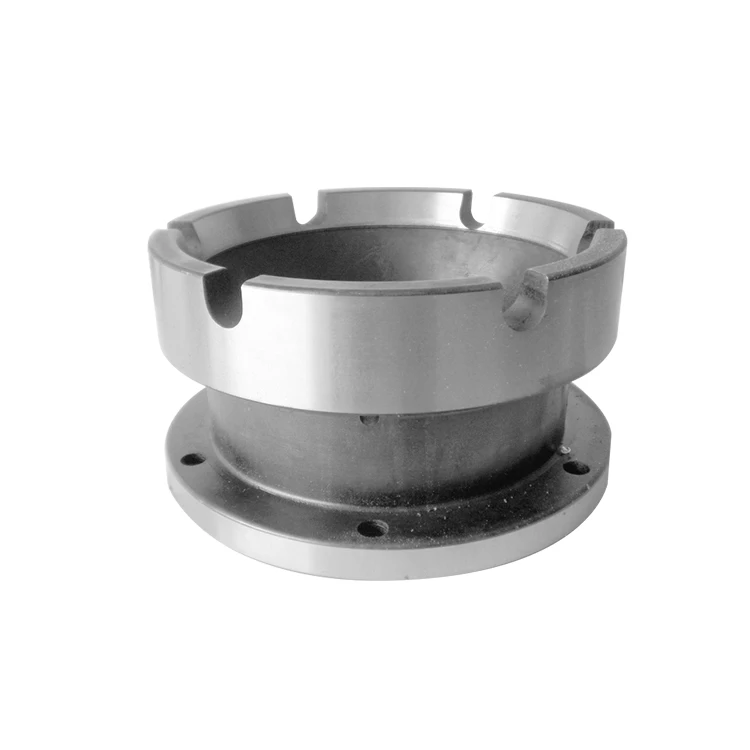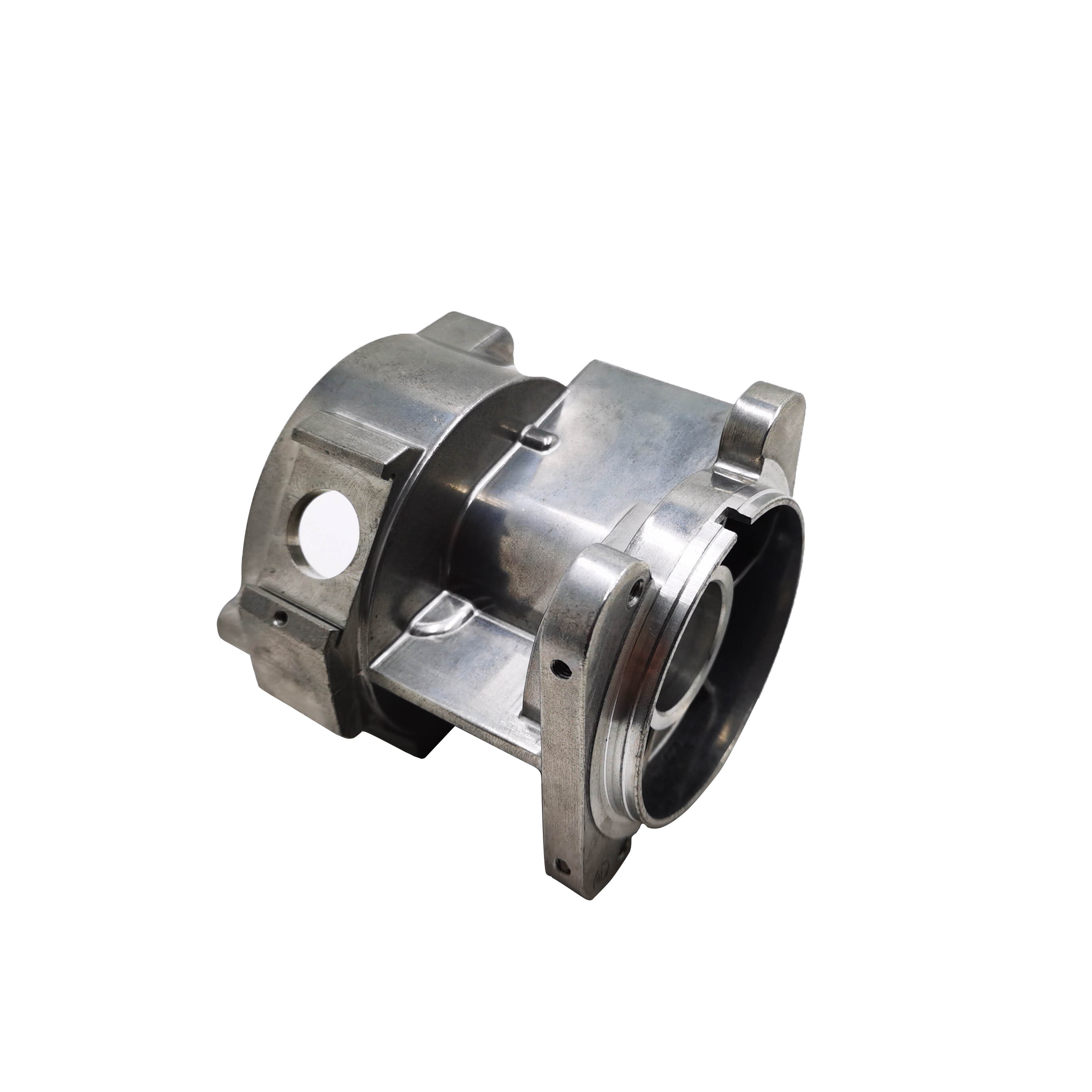How Light Weight Aluminum Foundries Contribute to Numerous Industries: A Thorough Review
Aluminum shops function as essential suppliers throughout multiple sectors, consisting of vehicle, aerospace, building and construction, and electronic devices. They produce elements that are not just lightweight but additionally durable, enhancing the efficiency of different products. With sophisticated spreading techniques and a commitment to sustainability, these shops are adjusting to fulfill progressing sector demands. As they innovate, the effect of light weight aluminum castings on various applications increases essential questions concerning the future of manufacturing. What lies in advance for this crucial industry?
The Duty of Light Weight Aluminum Foundries in the Automotive Market
As the automotive sector progressively accepts light-weight products to enhance gas effectiveness and efficiency, light weight aluminum factories play a vital duty in this development. These facilities focus on the manufacturing of light weight aluminum spreadings, which are vital parts in modern-day lorries. By supplying high-strength, lightweight components, light weight aluminum foundries make it possible for suppliers to lower the total weight of automobiles, eventually causing enhanced fuel economic climate and minimized discharges.
Aluminum's resistance to corrosion better boosts lorry long life, making it an eye-catching choice for automakers. Shops utilize advanced strategies such as die spreading and sand spreading to develop detailed and exact parts, making certain that they satisfy strict sector requirements. Furthermore, the ability to reuse light weight aluminum effectively contributes to an extra lasting manufacturing procedure. As the vehicle industry remains to innovate, aluminum foundries will stay pivotal in delivering the products needed for the next generation of lorries, supporting both efficiency and environmental goals.

Aerospace Applications of Light Weight Aluminum Castings
Light weight aluminum spreadings are indispensable to the aerospace sector, using a combination of lightweight strength and resilience that is crucial for aircraft performance. These spreadings are made use of in various elements, such as engine components, architectural frames, and landing equipment, where weight reduction is crucial for gas effectiveness and total safety. The adaptability of aluminum permits complicated geometries that enhance aerodynamic effectiveness while preserving architectural honesty.
Advancements in casting innovations have boosted the precision and surface area finish of light weight aluminum parts, decreasing the demand for comprehensive post-processing. This performance not only increases manufacturing timelines however also lowers prices, making aluminum an appealing option for makers. The rust resistance of aluminum warranties long life and integrity in extreme operating atmospheres, even more establishing its duty in aerospace applications. As the market progresses, light weight aluminum castings continue to be a crucial product, driving innovation and supporting the development of next-generation airplane.
Construction Market Advancements Through Aluminum
The building sector has progressively adopted aluminum as a result of its lightweight residential properties and versatility, paralleling its effective applications in aerospace. Advancements in light weight aluminum design have actually resulted in more powerful, much more reliable structures, allowing contractors and engineers to explore brand-new possibilities. The material's resistance to deterioration and reduced upkeep needs make it specifically appealing for both industrial and household tasks.
Aluminum's flexibility promotes the creation of complex layouts, permitting visual improvements that were formerly tough with standard products. Prefabrication methods have actually also progressed, utilizing aluminum to minimize building and construction time and costs substantially. Additionally, the energy efficiency of aluminum systems-- such as window frameworks and roof-- adds to lasting building methods, lining up with modern-day ecological criteria. As the building sector continues to accept these innovations, light weight aluminum's duty is anticipated to increase, driving further development and adding to the development of durable frameworks.
Electronic devices and the Demand for Lightweight Aluminum Components
With the rapid development of modern technology, the need for light-weight aluminum components in the electronics field has surged. As tools come to be much more compact and portable, suppliers seek materials that provide both sturdiness and weight reduction. Aluminum, with its excellent strength-to-weight ratio, has emerged as a recommended selection for elements such as housings, heat sinks, and structural supports.
Making use of aluminum not just improves product performance but additionally adds to power efficiency, as lighter devices need much less power during operation. In addition, light weight aluminum's excellent conductivity makes it excellent for digital applications, making sure reliable warmth dissipation and reducing the risk of getting too hot.
As consumer choices shift in the direction of smooth and lightweight devices, aluminum factories play a necessary role in fulfilling the developing demands of the electronic devices industry (aluminum casting). Their capacity to produce specific and high-grade light weight aluminum elements supports development, allowing producers to press the limits of design and performance
Lasting Practices in Aluminum Foundries
As the electronics industry increasingly focuses on sustainability, aluminum shops are adapting their practices to line up with these environmental goals. Several shops are applying reusing programs that recover light weight about his aluminum scrap, significantly lowering the need for resources and lessening waste. By utilizing energy-efficient technologies, these facilities are reducing their carbon impact; for example, using electric heating systems rather of standard gas-fired ones can result in substantial power cost savings.
In addition, light weight aluminum foundries are buying water conservation procedures, such as closed-loop systems that reuse water utilized in cooling procedures. These techniques not only lower water consumption however additionally minimize the environmental effect connected with wastewater discharge. In addition, many foundries are exploring renewable power resources, such as solar and wind power, to fulfill their power requires sustainably. Via these campaigns, light weight aluminum shops exhibit a commitment to environmental stewardship while remaining to meet the demands of the electronic devices industry.
Future Patterns in Light Weight Aluminum Shop Technologies
Arising technologies are poised to change aluminum foundries, improving effectiveness and item quality while advancing sustainability initiatives. Advancements such as man-made intelligence and artificial intelligence are anticipated to optimize manufacturing procedures by predicting tools failures and improving resource allotment. The assimilation of advanced robotics will enhance operations, lowering labor costs and decreasing human error.
Additive production, or 3D printing, is also getting traction, making it possible for the manufacturing of intricate geometries that were formerly unattainable with typical methods. This change can cause significant material financial savings and reduced waste. In addition, wise foundries utilizing IoT (Web of Points) technologies will allow real-time monitoring and data evaluation, promoting proactive decision-making.
The fostering of cleaner melting innovations and recycling techniques will certainly additionally reduce the ecological footprint of aluminum foundries, making them more sustainable. Jointly, these patterns signify a future where light weight aluminum shops can operate with higher performance and duty.
Regularly Asked Concerns
What Are the Ecological Effects of Light Weight Aluminum Foundries?

How Do Foundries Ensure Quality Assurance in Light Weight Aluminum Casting?
Foundries guarantee high quality control in light weight aluminum casting by executing rigorous examination processes, making use of sophisticated innovation, carrying out regular product testing, and sticking to industry requirements, thereby keeping consistency and integrity in their finished products. Precision aluminum casting.
What Is the Typical Life Expectancy of Light Weight Aluminum Cast Parts?
The typical life expectancy of light weight aluminum actors components usually varies from 10 to half a century, depending on variables such as environmental problems, usage, and maintenance. Correct care can substantially enhance their longevity and performance gradually.
Just How Are Light Weight Aluminum Alloys Selected for Specific Applications?
Aluminum alloys are picked based upon factors such as stamina, deterioration resistance, weight, and thermal conductivity. Engineers evaluate the certain needs of applications to determine the most appropriate alloy for best performance and longevity.
What Are the Safety Laws for Light Weight Aluminum Foundry Employees?
Security laws for aluminum factory workers include personal safety equipment mandates, ventilation requirements, exposure limitations to hazardous materials, and protocols for dealing with liquified steel. Compliance guarantees worker safety and reduces health dangers related to foundry procedures.
As the vehicle sector significantly embraces light-weight materials to enhance gas performance and performance, light weight aluminum factories play a critical role in this advancement. As customer choices change towards light-weight and streamlined devices, aluminum foundries play an important role in fulfilling the advancing needs of the electronics industry. As the electronic devices market increasingly Go Here focuses on sustainability, aluminum shops are adapting their methods to straighten with these environmental objectives. Numerous foundries are implementing reusing programs that recover aluminum scrap, significantly minimizing the requirement for raw products and lessening waste. Security regulations for light weight aluminum factory workers consist of personal safety devices requireds, ventilation demands, exposure restrictions to hazardous materials, and procedures for dealing with liquified steel.